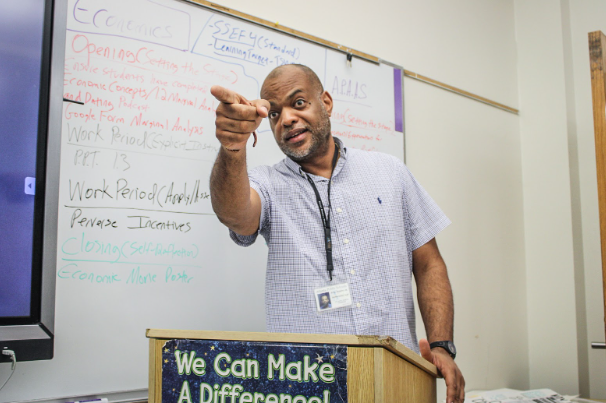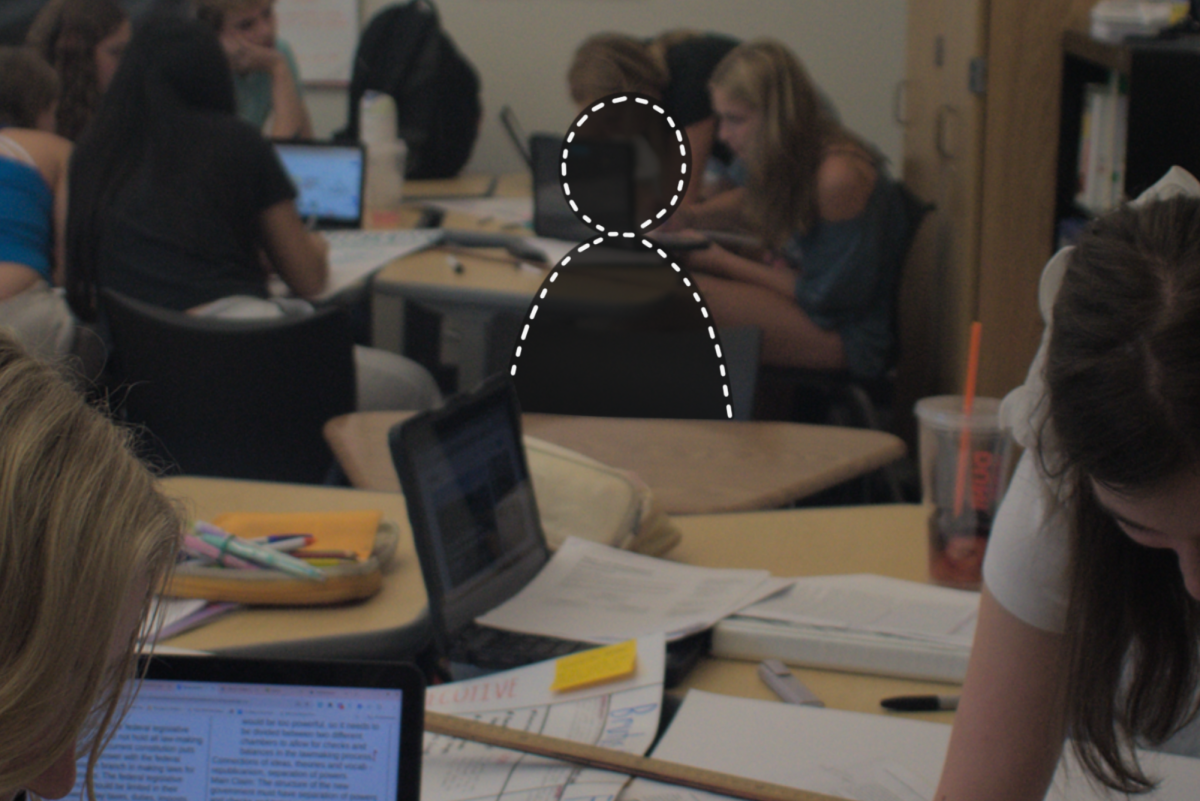The Atlanta Journal-Constitution will be terminating its physical newspaper, becoming fully digital starting Jan 1. This announcement follows over 150 years of the AJC printing a physical paper.
“I’m on the website multiple times a day, especially if there’s local news or things like that,” Art Lieb, a seven-year AJC subscriber said. “I mean, it’s important because I follow a lot of local news and politics.”
Lieb said he only uses his subscription to take advantage of the online paper. He believes most subscribers prioritize the digital version, even though they still receive the physical newspaper.
“I think it’s past time for physical papers to be discontinued, as most people use the digital version,” Lieb said. “I also think environmentally, it’s more beneficial that the AJC is not cutting down more logs to send papers out.”
Lieb emphasized that while younger generations mostly read online, older generations mainly rely on physical newspapers.
“The only people that really are going to be affected by this are the people that are my parents’ age that are older and are not as comfortable reading online,” Lieb said. What age group or how old is Lieb?
Mark Davis, a former AJC reporter, who spent for 15 years there, said it was financially beneficial for the AJC to get rid of the print papers considering today’s economy.
“It’s an economic reality, and I don’t want the AJC to continue throwing money if it’s going to hurt the future prospects of their publication,” Davis said. “At a certain point, the AJC is basically throwing money away by wasting it on home deliveries.”
Davis also mentioned the qualities that differ between a physical or a digital paper, such as the specific amount of space a journalist has to write in.
“When you have a limited space on the printed product, it forces editors and reporters to focus in on what is most important in a story,” Davis said. “When you have an online version, you can write as long as you want, which can be a good thing or end up with a flabby story and less readers.”
Davis highlights the gravity of how much devices and online companies are transforming the way people live their everyday lives.
“The readers of the traditional newspaper are not going to be around forever, so you’ve got to tailor your product for the next batch of consumers,” Davis said. “I mean, I guess they’re not really newspapers, more like news companies now.”
AJC subscriber Len Israel said the loss of the physical paper is forcing older generations to become more digitally literate.
“It’s more comprehensive when the paper is right in front of me,” Israel said. “I might be old school, but I also hate having to constantly look at the screen and strain my eyes. My wife is fully digital with the newspaper, but I’m not, so she’ll be affected less than I am.”
On the contrary, Israel enjoyed reading the physical paper, and believes its removal will have a large impact.
“It is not as convenient to haul around a huge laptop in the airport, or repeatedly check the battery life,” Israel said. “They broke my heart, and the AJC paper will be solely missed.”
AJC subscriber Bill Bozart similarly believes this digital transition has put many at a disadvantage.
“Most of the people receiving the physical papers currently are probably not as computer literate, so they will be at a disadvantage,” Bozart said. “I hope more people still get the in-depth stories that take months of research.”
Bozart said he is passionate about the role of newspapers in society and how they affect people’s lives.
“None of the other Georgia papers compare to the AJC; they have some great reporters like Mike Luckovich,” Bozart said. “More people should realize how important it is to read the news and keep yourself updated, including the younger generations.” He’s not a reporter but a cartoonist.
Bozarth believes journalism is a necessary part of society; he hopes transitioning to digital publishing will increase the AJC’s readership due to the widening of a younger audience.
“I hope we don’t lose too much from this because all society needs journalism,” Bozarth said. “I still hope we will have the tools in Georgia to keep this newspaper alive for those who can no longer enjoy it.”















